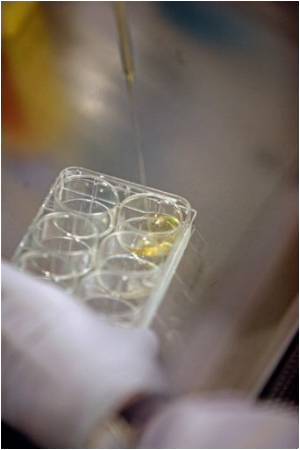The genes we possess not only determine the color of our eyes and hair and how our bodies grow, but they might also influence the changes that occur in tumors when we develop cancer

The researchers compared multiple independent tumors from people with a form of skin cancer called squamous cell carcinoma (SCC) for losses and gains of DNA in tumor cells. They found that the pattern of these changes is quite similar in tumors from the same person but quite different in tumors from different individuals.
The findings may offer a new way to identify individuals at greater risk for developing cancer, the researchers say.
Leader Amanda Toland, assistant professor of medicine and a specialist in the genetics of cancer susceptibility at the OSUCCC - James and her collaborators analyzed 222 SCC tumors from 135 organ transplant recipients, who as a group are 65 to 250 times more likely to develop SCC than people in the general population. The researchers examined three or more separate tumors from 25 of these individuals.
They compared the genetic profiles of tumors from the same individual with those from other individuals for DNA copy number changes.
They found that the changes in SCCs from the same patient were statistically similar but significantly different when compared with other patients. They also found that in some cases a particular kind of genetic change is preferentially selected in tumors from the same individual.
Advertisement
The finding has been published in a recent issue of PLoS Genetics.
Advertisement















